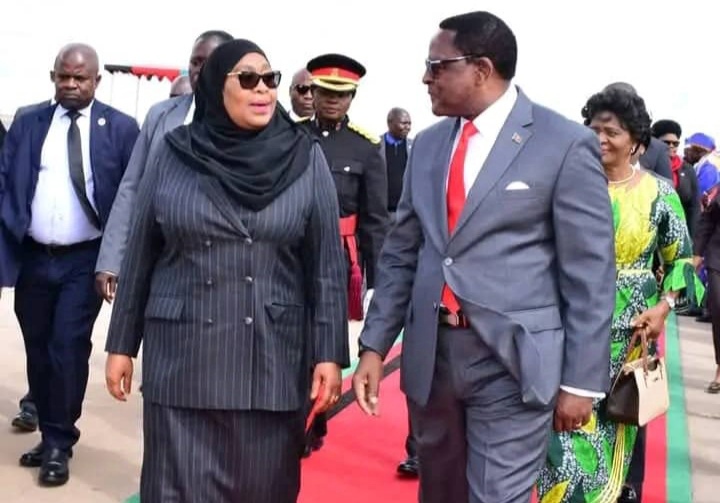Nigeria – Supreme Court To Hear 16 States’ Suit Challenging EFCC Legality On October 22

By Onoja Baba, Nigeria
The Supreme Court of Nigeria has set October 22 as the date to hear a legal challenge brought by 16 state governments questioning the constitutionality of the Economic and Financial Crimes Commission (EFCC).
The suit, initiated by Kogi State and joined by 15 other states, contests the legal framework that established the EFCC.
A seven-member panel of Supreme Court Justices, led by Justice Uwani Abba-Aji, announced the hearing date during Tuesday’s proceedings, after granting leave to consolidate the case and join the states as co-plaintiffs. The case, originally filed by Kogi State’s Attorney General, is listed under suit number SC/CV/178/2023.
The 15 additional states involved in the case are Ondo, Edo, Oyo, Ogun, Nassarawa, Kebbi, Katsina, Sokoto, Jigawa, Enugu, Benue, Anambra, Plateau, Cross River, and Niger.
During Tuesday’s session, counsel representing these states made their respective submissions, with the majority requesting to be co-plaintiffs and two states seeking the consolidation of their cases.
Abdulwahab Mohammed (SAN), counsel for Kogi State, informed the court that most of the states desired to be joined as co-plaintiffs, while a few called for consolidation.
He proposed that those wishing to join as co-plaintiffs be allowed to follow the existing legal processes, while the states requesting consolidation should file their papers within seven days. Justice Abba-Aji granted the requests and adjourned the matter to October 22 for a full hearing.
The central issue raised by the plaintiffs is the claim that the establishment of the EFCC violates Nigeria’s Constitution. They argue that under the Constitution, the approval of a majority of state Houses of Assembly was required before the EFCC Act was passed, a process they claim was bypassed.
As such, they assert that the EFCC’s formation is unconstitutional and that its actions should be considered illegitimate.
Among the reliefs sought, Kogi State is asking for a declaration that the Federal Government, the Nigerian Financial Intelligence Unit (NFIU), or any other federal agency lacks the authority to issue directives or take any actions regarding the administration of Kogi State’s funds, including those of its local governments. Furthermore, they contend that the EFCC and NFIU do not have the power to investigate or prosecute individuals over matters relating to the state’s financial administration.
This legal challenge comes at a time when the EFCC has been pursuing former Kogi Governor Yahaya Bello over allegations of misappropriating ₦110 billion in state funds. In response to the growing tensions between the state and federal anti-graft bodies, the Kogi State House of Assembly passed a law in July establishing its own state-run anti-corruption agency, which Governor Usman Ododo swiftly enacted.
The state legislators emphasized that the new body was not intended to undermine the EFCC or the Independent Corrupt Practices and Other Related Offences Commission (ICPC).
The October 22 hearing is expected to draw significant attention as it could have wide-reaching implications for Nigeria’s anti-corruption architecture and the legal status of the EFCC.
categories
recent posts
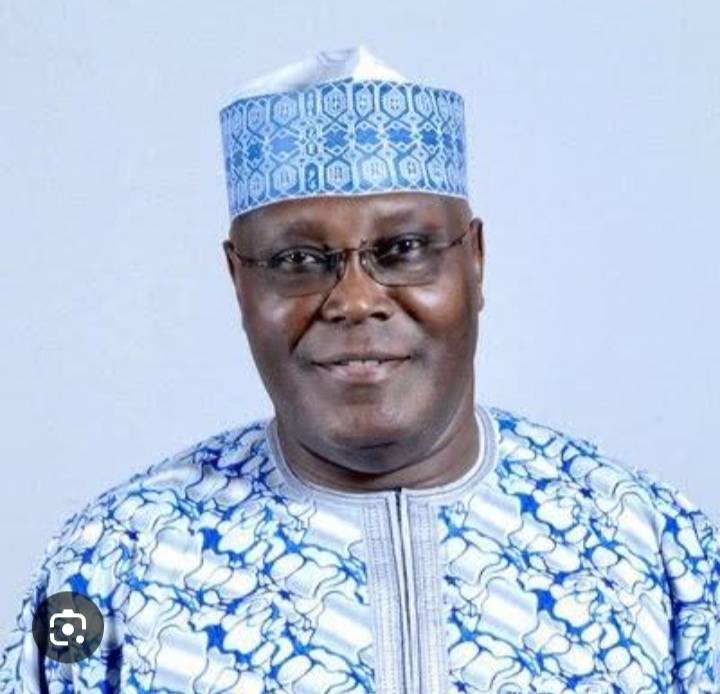
NIGERIA: ‘Coming Political Battle Not APC Versus PDP, Or LP Versus APC’ – Atiku
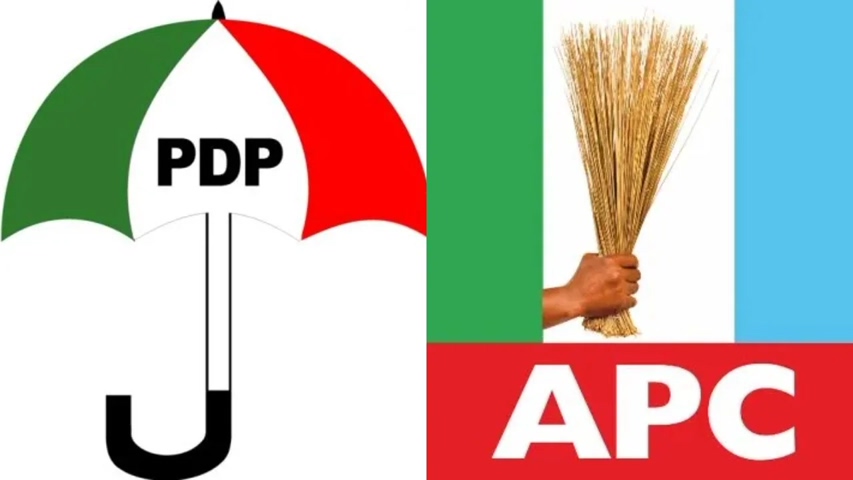
Praises And Panic: APC Sees PDP Chairman’s Endorsement Of Gov Mutfwang As Cry For Relevance
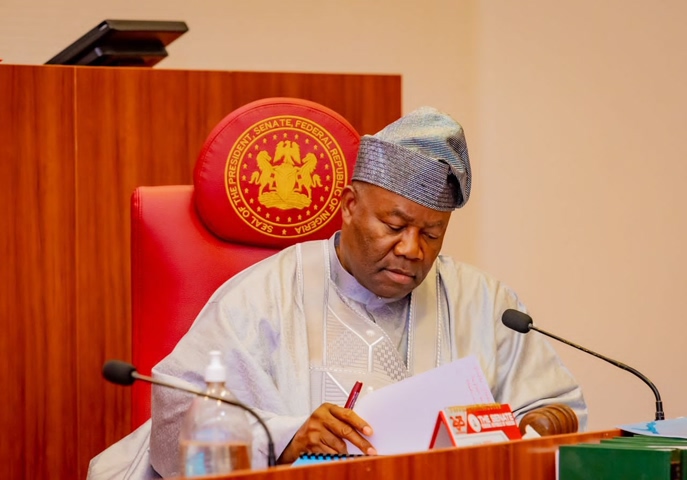
NIGERIA: Akpabio Leads Nigerian Delegation To Vatican For Pope Francis’ Funeral
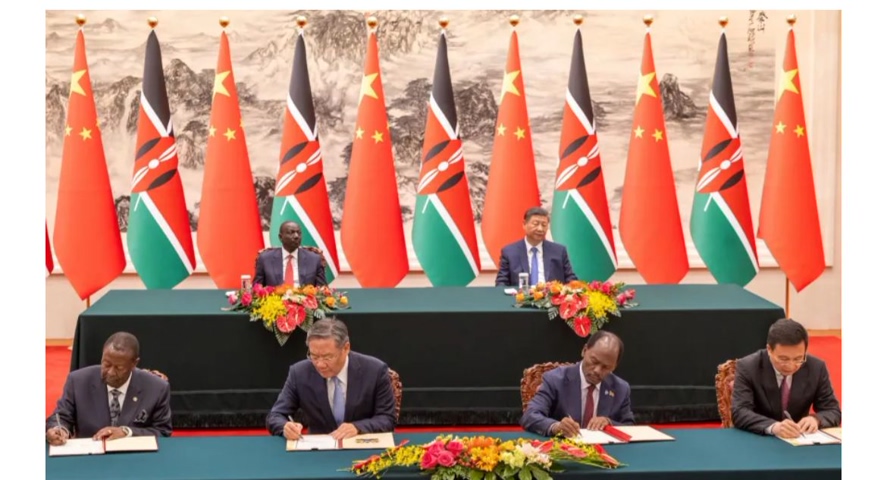
Kenya Secures Major Economic And Infrastructure Deals During Ruto’s State Visit To China
